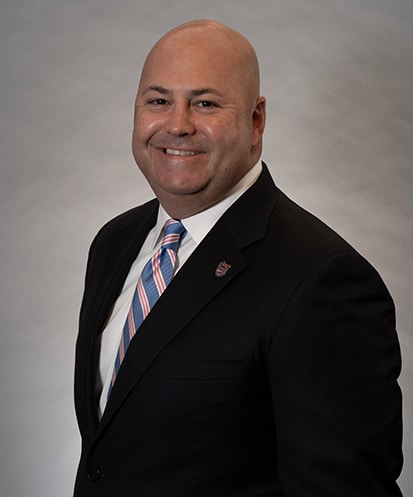Raise Your Hand if You Prefer Your Surgeon to be Exhausted
 In 2011, a mandate was passed that doctors could no longer work 30 hour shifts. This was based in part by a study that claimed that “Interns working the traditional 30-hour shifts made 36 percent more serious medical errors,” as reported in the New York Times. Banning long shifts makes practical sense; when you are fatigued, you cannot perform even the most menial tasks in the same way that you do when you are well-rested. For doctors and surgeons, who hold the balance of lives in their hands, ensuring a good night’s sleep is an excellent idea.
In 2011, a mandate was passed that doctors could no longer work 30 hour shifts. This was based in part by a study that claimed that “Interns working the traditional 30-hour shifts made 36 percent more serious medical errors,” as reported in the New York Times. Banning long shifts makes practical sense; when you are fatigued, you cannot perform even the most menial tasks in the same way that you do when you are well-rested. For doctors and surgeons, who hold the balance of lives in their hands, ensuring a good night’s sleep is an excellent idea.
Now it seems that this mandate is being challenged by the Center for Health Care Innovation at the University of Pennsylvania’s school of medicine, as reported by the Washington Post. Their new study (which started in July of 2015) encompasses “6,000 internal medicine trainees” from 63 programs around the country. The study will put 31 of those programs in a control group, of sorts: first year residents can work shifts no longer than 16 hours, and second and third years can work shifts up to 24 hours. The other group (consisting of 32 programs) will allow hospitals to schedule their interns for 30 hours (and perhaps more) per shift.
The supposed purpose for the study
The research is supported by the Hastings Group, “a nonpartisan research institute that studies ethical questions in health care,” which claims that there has been no rigorous studies into how work hour restrictions affect patients. Proponents of the study claim that by limiting doctors’ shifts, patients are handed off with more frequency, which can result in an increased chance of a mistake being made. They also claim that a resident “learns best by following a case in the critical 36 hours after a patient is first admitted and that patients are better served, as well.”
While no one would argue that new doctors should be following their patients from start to finish, the idea that any doctor – brand new or experienced – could possibly perform at maximum capacity after working for 30 hours straight is laughable at best and grossly negligent at worst. Sleep deprivation can lead to impaired brain activity, cognitive dysfunction and memory problems – responses that could cause devastating effects on a patient who is recovering from a surgery, or suffered some kind of allergy, or is taking prescription medications that cannot be mixed with others.
While we can recognize the importance of young doctors learning to work coolly and calmly under pressure, this study seems unnecessarily dangerous – to the doctors and to their patients. Because no data is available as of yet, we have no way of knowing if any hospitals in Washington, D.C. or in West Virginia are involved. We can only hope that if they are, these hospitals have support systems in place to protect both the residents and patients from the potential dangers.

Christopher T. Nace works in all practice areas of the firm, including medical malpractice, birth injury, drug and product liability, motor vehicle accidents, wrongful death, and other negligence and personal injury matters.
Read more about Christopher T. Nace.
